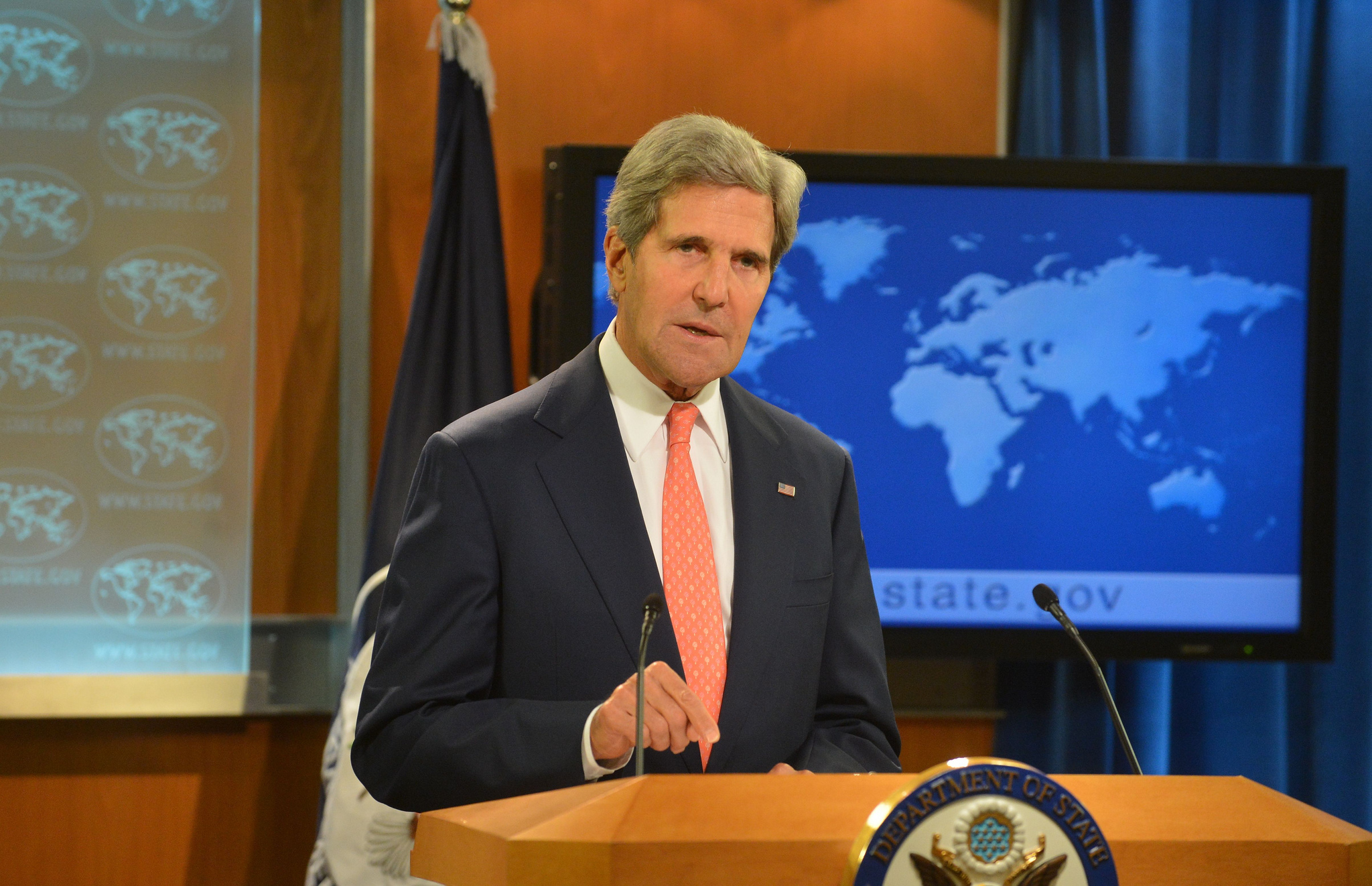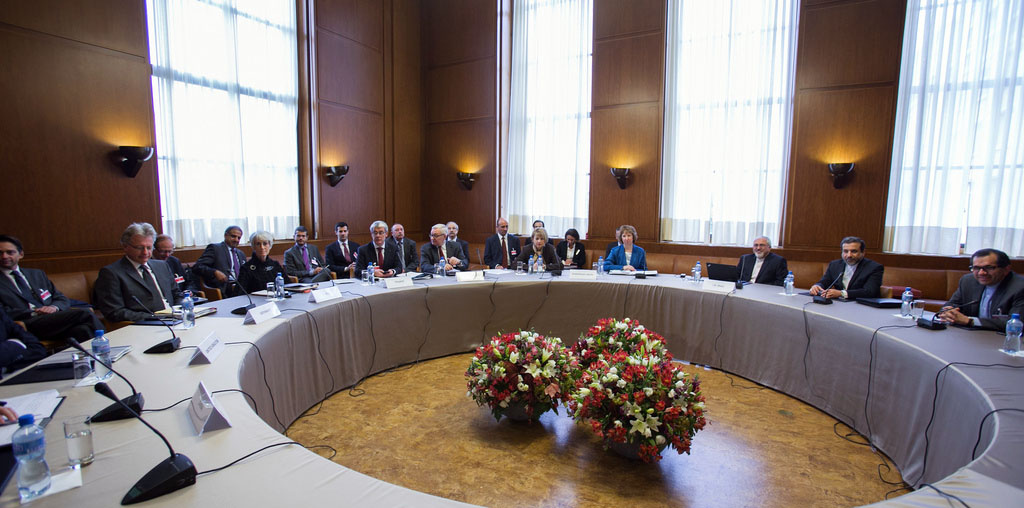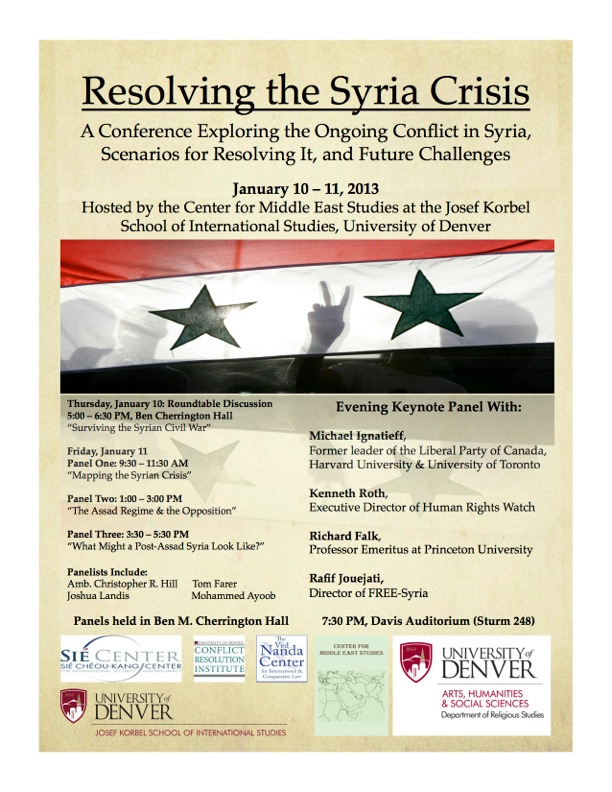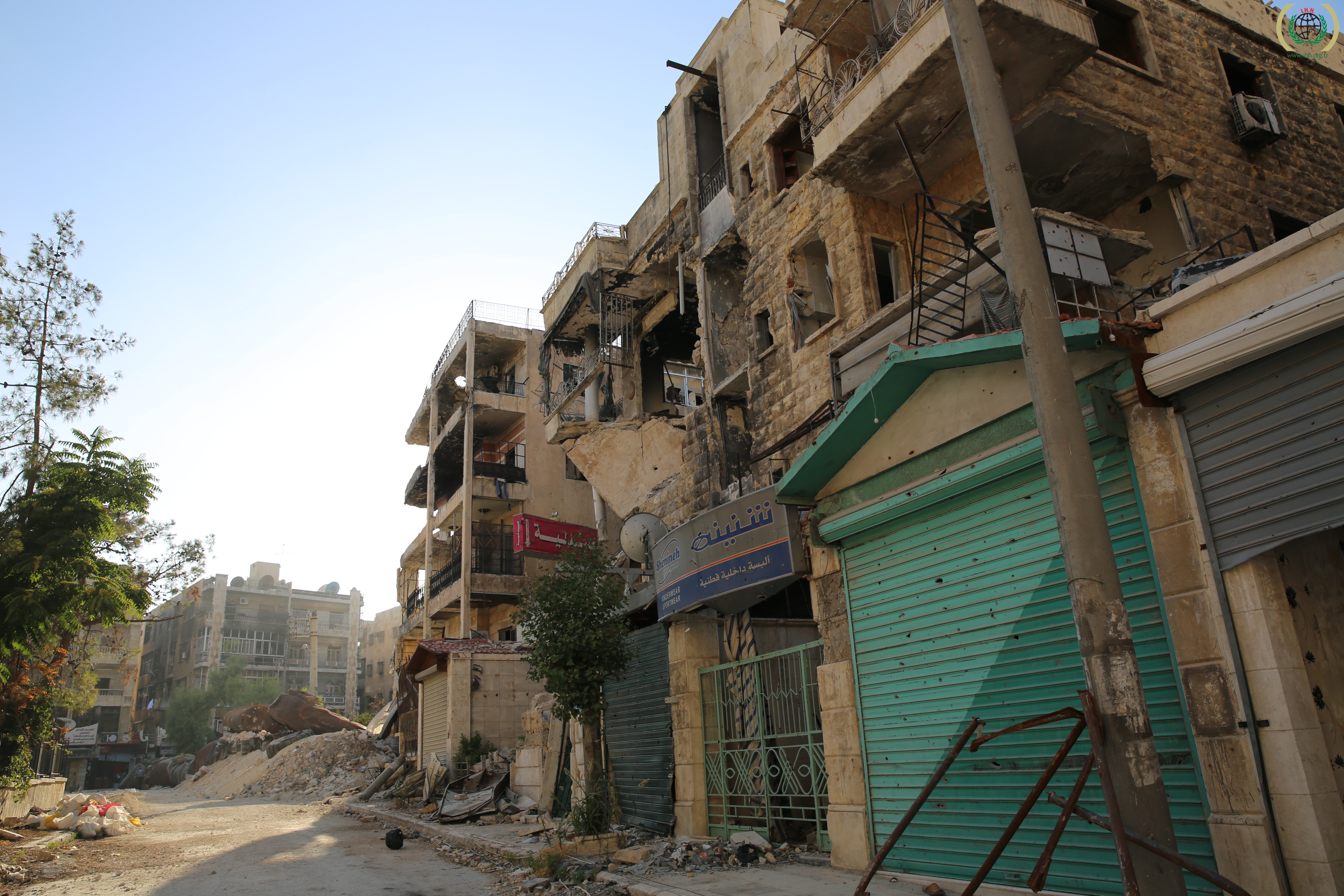Guest post by Eric Kaufmann.
President Obama’s next major foreign-policy task is to move all parties toward a resolution to the tragic Syrian conflict. The US, Russia, Iran, Saudi Arabia, and Turkey don’t agree on much, but they are increasingly likely to see the need to negotiate a settlement to the war. The question is: what should a political solution look like?
A successful settlement will need to accept the sectarian reality that is today’s Syria. The war has come to be defined as Sunnis versus Alawis and the rest. A key first step, therefore, is to create two autonomous political zones to match the third already controlled by the Kurds. This would include a coastal strip dominated by Alawis, Christians, and the urban middle class, and a Sunni zone, much of which is already controlled by opposition Sunni groups. Each of the regions would be part of a new Federal Syrian state, but would give each group military and political autonomy. Only with a safe and defensible canton will Alawis be willing to see Assad fall. And only with a secure canton will Sunnis not feel that the West’s attacks on ISIS weaken their position against Assad. Without security guarantees and political autonomy, Sunnis will feel that attacking ISIS is weakening ‘us’ and strengthening ‘them.’ This will only feed Sunni resentment and extremism.
Western policymakers and intellectuals have always been allergic to partition or ethnic power-sharing because the idea that politics should be based around ethnicity and sect cuts against cherished ideals of Enlightenment ‘civic’ nationhood. In addition, Russia, Turkey, Iran, and the Saudis are authoritarian regimes which have clamped down hard on minority autonomy claims. They favor strong centralized states, not federalism. But these views collided with ethnic reality in the former Yugoslavia, where there has been a de facto ethnic cantonisation of Bosnia and Kosovo. Had the West been less stubborn, this could have been arranged earlier, saving many lives during this savage conflict in the 1990s.
We have a chance to learn from the mistakes of the past and institute a federal system based on sectarian cantons in Syria. The idea of sectarian power-sharing underpins the model in next-door Lebanon, which has a similar ethno-sectarian patchwork. It’s not perfect, but if Lebanon did not recognize sectarian divisions as the basis of politics, disgruntled minorities would swiftly resort to violence. In Iraq, Maliki’s centralization has similarly alienated Sunnis: as other commentators note, the country has only one option, federalism.
Despite this, the main powers blindly insist that Syria retain a centralized political system like relatively homogeneous Egypt or Saudi Arabia. The creation of a coastal canton where Alawis feel secure is a sine qua non for cutting the Gordian knot that is the Syrian conflict. Kurdish, Alawi, and Sunni federal units should maintain their defensive capabilities as long as mutual distrust remains high. Power-sharing helped manage sectarian divisions in Lebanon, while federalism has done the same in India. No one pretends this is perfect. However, those that criticize federalism’s shortcomings should compare it against the alternatives, not sunlit utopian uplands or a prelapsarian innocence. We must remember that, like democracy itself, sectarian power-sharing is the least worst option when a deeply-divided country has descended into conflict.
Over time, as Brendan O’Leary and John McGarry remark, power-sharing institutions based on ethnicity and sect will ‘biodegrade.’ That is, as the underlying mistrust and sectarian separatism upon which power-sharing is based fade, a more ecumenical and civic understanding of nationhood can emerge, with unitary institutions replacing federal or consociational ones.
Some aver that power-sharing entrenches ethnic division, but this puts the cart of politics before the horse of social change. In the Netherlands, power-sharing arrangements between Catholic, Protestant, socialist, and liberal segments decayed in the 1960s when these identities lost their relevance. In the Canadian province of Newfoundland, the sectarian system for allocating government posts also disappeared in the 60s, and in 1998, the province’s citizens voted out separate schools for Catholics and Protestants.
When a country has been rent by violent conflict along ethno-sectarian lines, the first imperative is to divide the combatants into safe political units under their own democratic governance. Inter-ethnic mixing and liberal nationhood is a nice-to-have, and should only arrive when populations are secure and ready to yield power to the center.
As it stands, American policy in Syria is like a kite in a storm, buffeted by events and other players, rather than being guided by a clear vision. It’s time for the West to ditch the fiction of a unitary Syria, embrace federalism, and persuade all parties to move toward this goal.
Eric Kaufmann is Professor of Politics at Birkbeck College, University of London. He is an editor of Political Demography (Oxford, 2012) and author of four books, including Shall the Religious Inherit the Earth: demography and politics in the twenty-first century (Profile 2011).







3 comments
Good article; it is definitely unnerving to see the international powers largely refusing to consider a federal partition of Syria.
However, is it accurate to cast the Assad regime as a purely Alawite and Christian force? Most serious analysis of the Assad regime seems to observe that there is not an insignificant amount of support from Sunni Arabs (i.e. Carnegie’s “Syria in Crisis” research center has a good article analyzing why many Sunnis in Assad’s army are still loyal, and it seems generally understood that Sunni business interests are still backing the regime).
I’d also say that its important to identify and strategize around external sources of sectarianism; it seems fairly clear that Saudi Arabia and Qatar, and to a lesser extent Turkey, have been instrumental in super-charging the civil war with sectarianism, given that they almost exclusively fund the more hardcore Salafi-Sunni Arab rebel groups.
So is it time to recognize a federal Ukraine or a federal Israel? Same arguments as presented here can be easily used for Ukraine.
On a scientific point of view it is wrong to believe that Sunnis all oppose the current government of Syria. According to several studies, the current government would be supported by a rather high percentage of the Syrian population.The survey conducted by ORB International, a company which specializes in public opinion research in fragile and conflict environments, found at the end of 2015 that 47 percent of Syrians believe that ”Assad has a positive influence in Syria”.